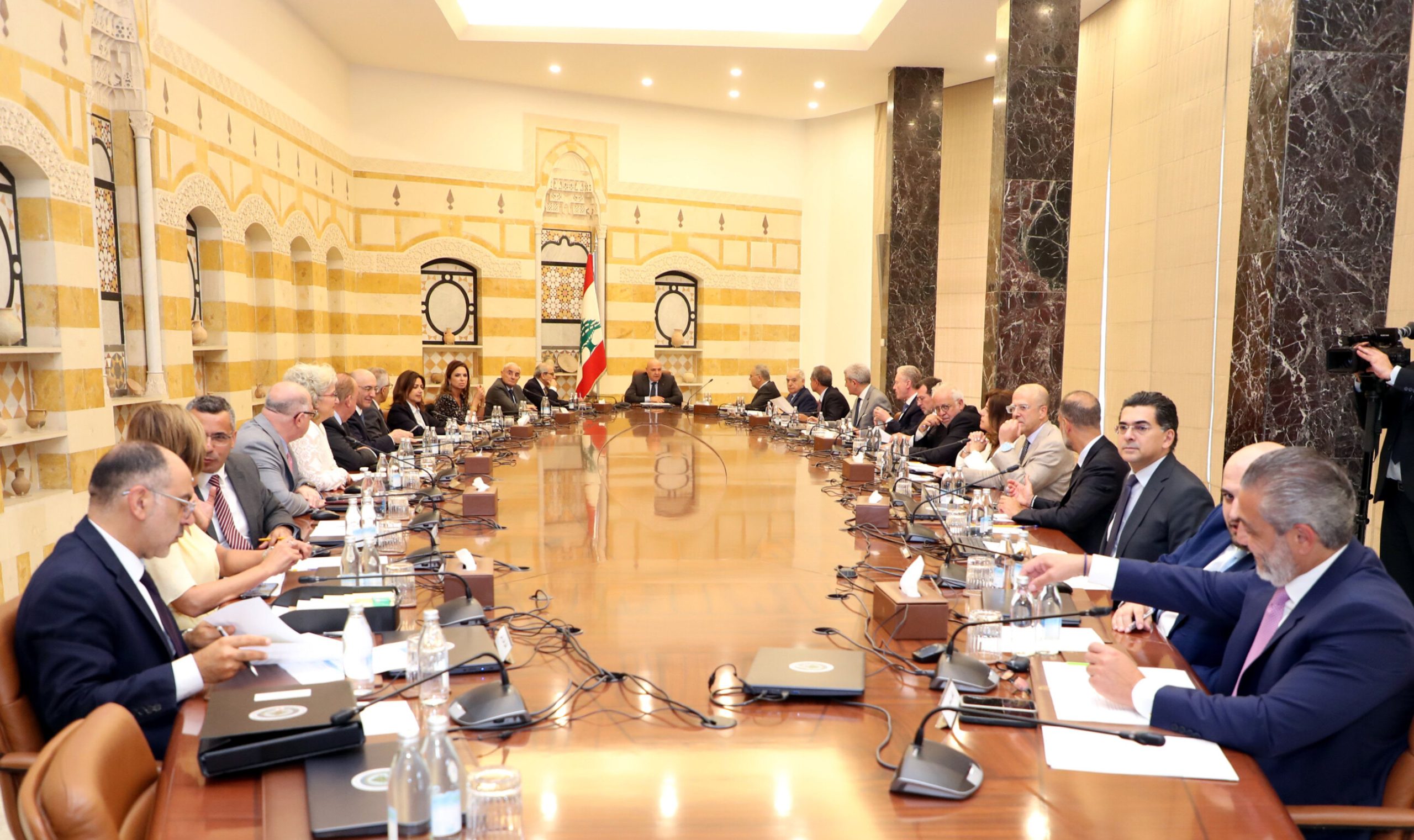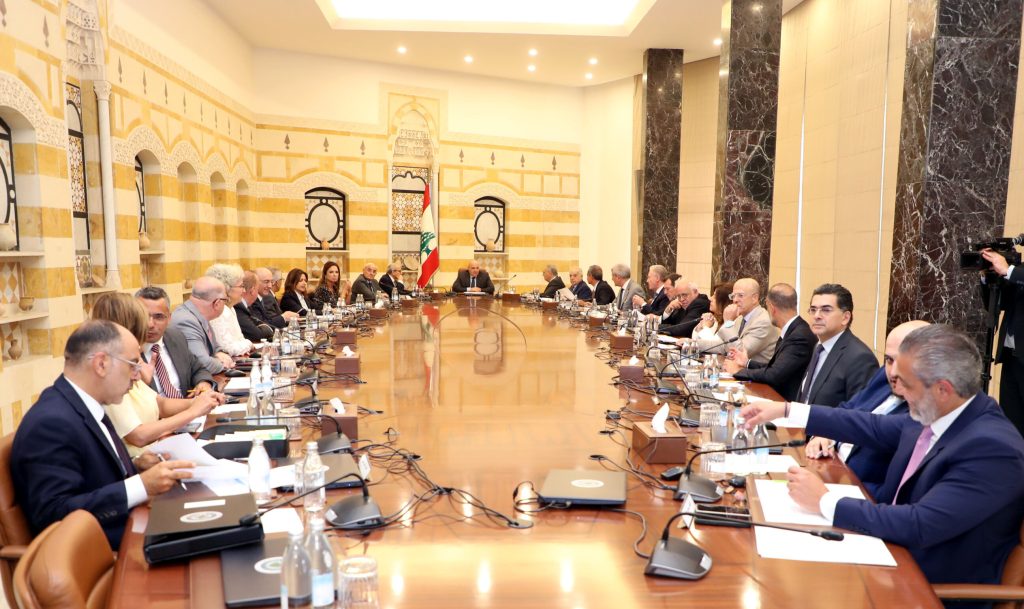All indications suggest that the Lebanese Army will develop the plan requested by the Cabinet to control weapons, based on a realistic approach that takes into account capabilities and complexities, regardless of what various political factions or theorists demand.
The army knows well that those who bear the burden are not like those who watch from afar lighting their cigarettes from the sparks, and that those interacting with Lebanon’s complex reality on the ground are not like those giving lessons and advice from a distance while wearing glasses.
The army also knows that some overwhelm it with toxic emotions and poison it with excessive praise, trying to burden it beyond its capacity, as if it is required to cover for the political authority’s dilemma and find solutions for it.
While some political forces enthusiastic about the decision to disarm urge the military institution to set a clear, unambiguous plan to disarm before the end of the year at any cost, “the duo” — Hezbollah and the Amal Movement — still rely on the army’s wisdom and prudence to avoid dragging it into an internal confrontation swamp with dire consequences, without appearing to rebel against the government decision.
Whether “the duo” attends the Cabinet session on Friday or boycotts it, whether it participates and then withdraws or not, the certainty is that it rejects discussing the details and implementation mechanisms of the army’s plan, and will not allow itself to be drawn into this arena, as it fundamentally objects to the disarmament decision, considers it non-existent, and therefore refuses to engage in procedural discussions about its implementation plan, otherwise it would undermine its entire narrative.
After the recent visit of US envoy Tom Barrack and his assistant Morgan Ortagus to Lebanon, which ended negatively, “the duo” became more convinced of the necessity to avoid cornering the military institution and to protect it from an unnecessary difficult test, especially as the Israeli entity persists in its obstinacy and aggression, which should facilitate the state’s evasion of pressures to pit the army against Hezbollah.
Notably, Tel Aviv has started playing openly, trying bluntly and rudely to impose victor’s terms on Lebanon without respecting the basic rules of balanced negotiation, although it could have at least responded somewhat to official concessions to embarrass the state and involve it in further measures against Hezbollah. Instead, it refused any flexibility, even tactical, despite the unilateral steps taken by the Lebanese authority. The Israeli leadership explicitly declared it will not consider any positive step before starting to disarm Hezbollah.
Accordingly, some note that the political authority now has all the justifications to curb its rush in line with the US paper that Israel refused to abide by, and consequently should ease pressure on the army and refrain from turning the problem with Tel Aviv into an internal conflict.














Recommended for you
Talib Al-Rifai Chronicles Kuwaiti Art Heritage in "Doukhi.. Tasaseem Al-Saba"
Exhibition City Completes About 80% of Preparations for the Damascus International Fair Launch
Unified Admission Applications Start Tuesday with 640 Students to be Accepted in Medicine
Egypt Post: We Have Over 10 Million Customers in Savings Accounts and Offer Daily, Monthly, and Annual Returns
His Highness Sheikh Isa bin Salman bin Hamad Al Khalifa Receives the United States Ambassador to the Kingdom of Bahrain
Al-Jaghbeer: The Industrial Sector Leads Economic Growth